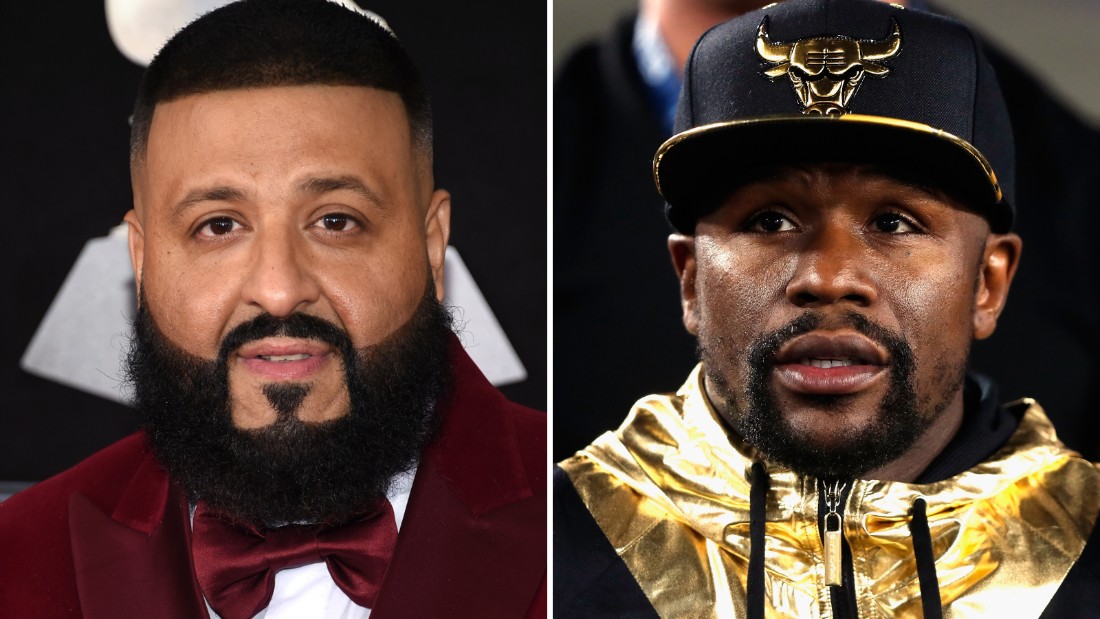
The SEC has said that cryptocurrency coins sold in initial coin offerings may be considered securities and subject to federal securities laws.
Both Khaled and Mayweather settled with the SEC and agreed not to promote any securities, even digital ones, for two years and three years, respectively. They also agreed to give back the money they'd received to the SEC and pay penalties with interest.
Mayweather failed to disclose that he'd received $300,000 from three different ICO issuers, including $100,000 from Centra Tech. Khaled failed to disclose a payment of $50,000 from the same company.
Centra has separately been charged by the SEC, which alleged that its ICO was fraudulent.
Centra could not immediately be reached for comment.
Both Mayweather and Khaled promoted Centra's ICO on their social media accounts. Khaled called it a "game changer" while Mayweather encouraged his followers to get in on the ICO, saying he'd taken part.
Mayweather also commented on another ICO, saying he was going to make a lot of money.
"You can call me Floyd Crypto Mayweather from now on," he tweeted.
The SEC, which has made it clear that ICOs can be fraudulent, encourages would-be investors to be wary or avoid those ICOs that are endorsed by celebrities.
"With no disclosure about the payments, Mayweather and Khaled's ICO promotions may have appeared to be unbiased, rather than paid endorsements,"
"Social media influencers are often paid promoters, not investment professionals, and the securities they're touting, regardless of whether they are issued using traditional certificates or on the blockchain, could be frauds," said Steven Peikin, the SEC's enforcement division co-director.
This is the first time the SEC has brought charges against individuals for promoting ICOs and the investigation is ongoing.
No comments:
Post a Comment